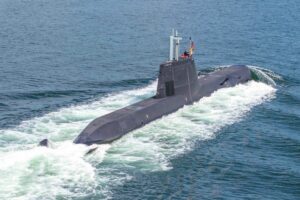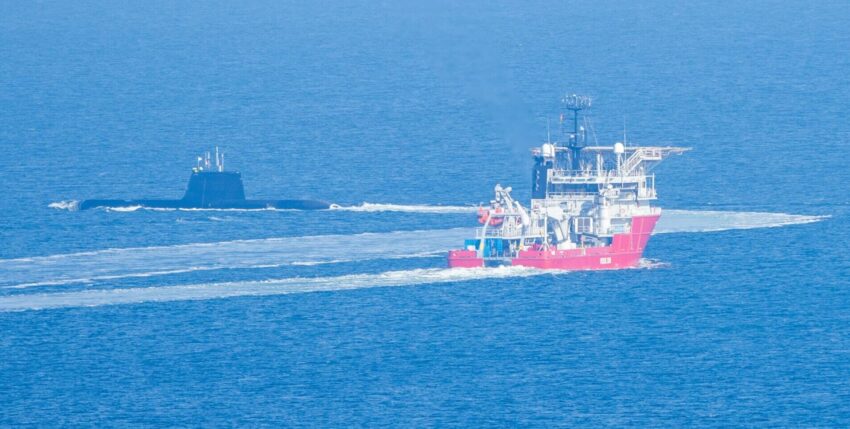Maritime co-operation between Germany and Singapore has reached a new level of maturity. Singapore's order for two more 218SG class submarines from thyssenkrupp Marine Systems (tkMS) not only cements a relationship of technological trust - it also creates a resilient security partnership in the geopolitically significant Indo-Pacific region.
Singapore's maritime ambitions - Germany's technology
Singapore, geostrategically exposed on the Strait of Malacca, has consistently invested in its naval forces over the last two decades. The new "Invincible" class boats - designed for long-duration submerged operations and sophisticated sensor technology - reflect this strategy. The latest order brings the fleet to a total of six units. Defence Minister Ng Eng Hen justified the move with increased operational requirements and the goal of permanent operational readiness despite lengthy maintenance phases.
tkMS supplies customised high technology for this purpose: the 72-metre-long, approximately 2,200-tonne type 218SG submarines are equipped with air-independent fuel cell propulsion and the ISUS-100 battle management system from Atlas Elektronik. This makes them some of the most advanced conventional submarines in the world.
"The design of the submarine type 218SG is based on a low signature. The air-independent propulsion system also enables the boats to stay under water for longer"
- thyssenkrupp Marine Systems, press release dated 8 May 2025

Technology partnership at eye level
Bilateral cooperation goes beyond mere exports. In November 2024, the Federal Office of Bundeswehr Equipment, Information Technology and In-Service Support (BAAINBw) and Singapore's Defence Science and Technology Agency (DSTA) signed a long-term cooperation agreement at Euronaval in Paris. It includes:
- The joint development of new battery generations for maritime platforms,
- the development of additive manufacturing processes for complex submarine components,
- as well as the structured exchange of technical knowledge - especially in the comparison of the German U212A/CD with the tropically optimised 218SG.
This innovation partnership is seen as strategically valuable by both sides. Singapore gains access to cutting-edge European technology, while Germany benefits from operational data and logistics models in extreme climate zones.
Global order situation - shipyard capacity utilisation secured until 2040
The Singapore order is one of a series of submarine orders worth billions that are anchoring tkMS internationally:
- U212CD: Twelve units have been ordered so far as part of a joint German-Norwegian programme - six per nation. The platform integrates the new ORCCA warfare system and is considered the backbone of NATO's future submarine capabilities.
- Dakar class (Israel): As early as 2022, Israel secured three customised submarines for around three billion euros. They are based on the Dolphin II, but will have new systems and longer diving autonomy. First delivery: expected in 2031.
- 218SG (Singapore): With now six boats, Singapore once again confirms its trust in German technology. tkMS CEO Oliver Burkhard speaks of a symbol of profound partnership and "a further step towards joint maritime security".
These programmes add up to a record order backlog of around 16 billion euros - and ensure long-term capacity utilisation at the shipyard sites in Kiel and Wismar.
Conclusion: Security policy proximity in times of global reorganisation
What began as an export contract has developed into an axis of trust in terms of security policy. In Singapore, Germany has not only gained a customer, but also an active cooperation partner in the key Indo-Pacific region. Singapore, in turn, is positioning itself - despite its military diversification towards the USA and Israel - as a reliable player with a Western orientation that is open to technology.
Submarine cooperation will thus become a further building block of a multilateral security architecture based on shared technologies.







